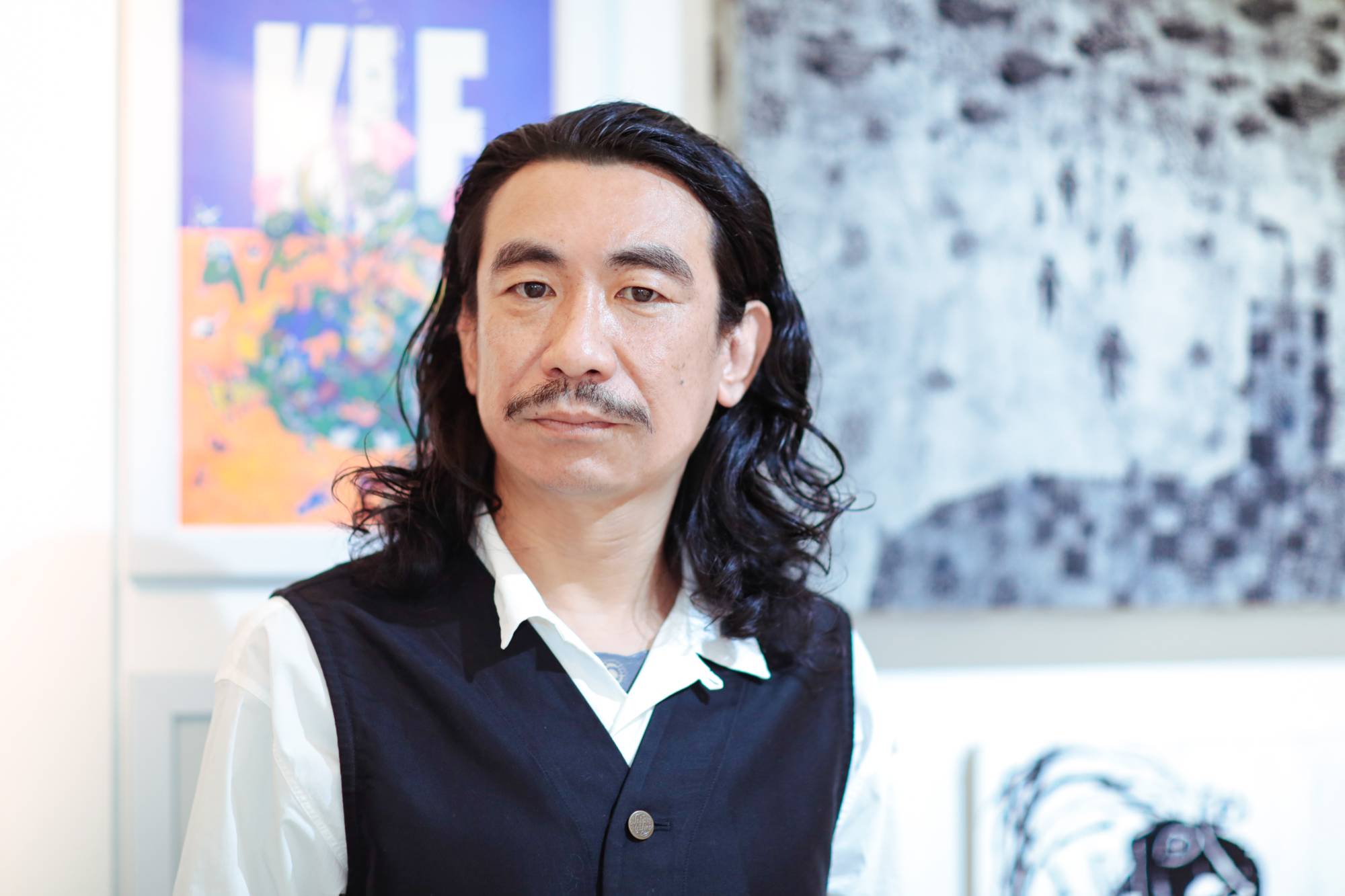This weekend, party people across the Kanto region will be loading up their cars or dragging tents onto shinkansen headed to the Izu Peninsula for one of Japan’s biggest electronic music festivals, Rainbow Disco Club.
One year ago, before the borders had reopened to tourists, the event was pared down compared to previous years, but perhaps no less intense: A throng of festival-goers pressed and thrashed against metal barricades at the foot of a formidable black pyramid. Curtains of lasers beamed down from drones, slicing across the night like an intergalactic search party come to check up on the fun. After two years of being trapped inside, the crowd’s joy and desperation were indistinguishable — people were cutting loose like it was a civilization-level stag party.
Up in the opening of the pyramid, DJ Nobu, a trapezoid of black hair atop a white square of T-shirt framed by suspenders, bopped furiously, occasionally punctuating the air with fist pumps. The DJ seemed to be sculpting the party in real time using that very energy. Perhaps it was his unique acuity in riding the wave of a crowd’s emotions; perhaps it was his own inner restlessness.


















With your current subscription plan you can comment on stories. However, before writing your first comment, please create a display name in the Profile section of your subscriber account page.